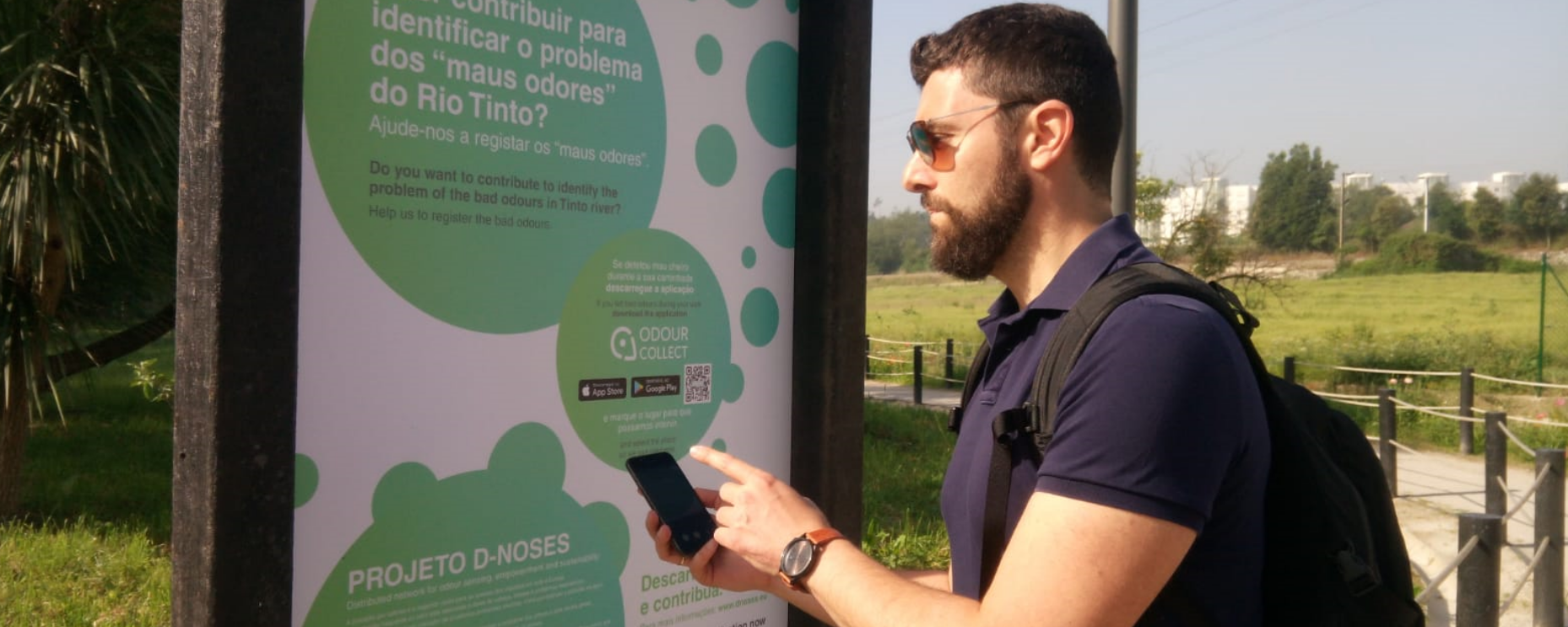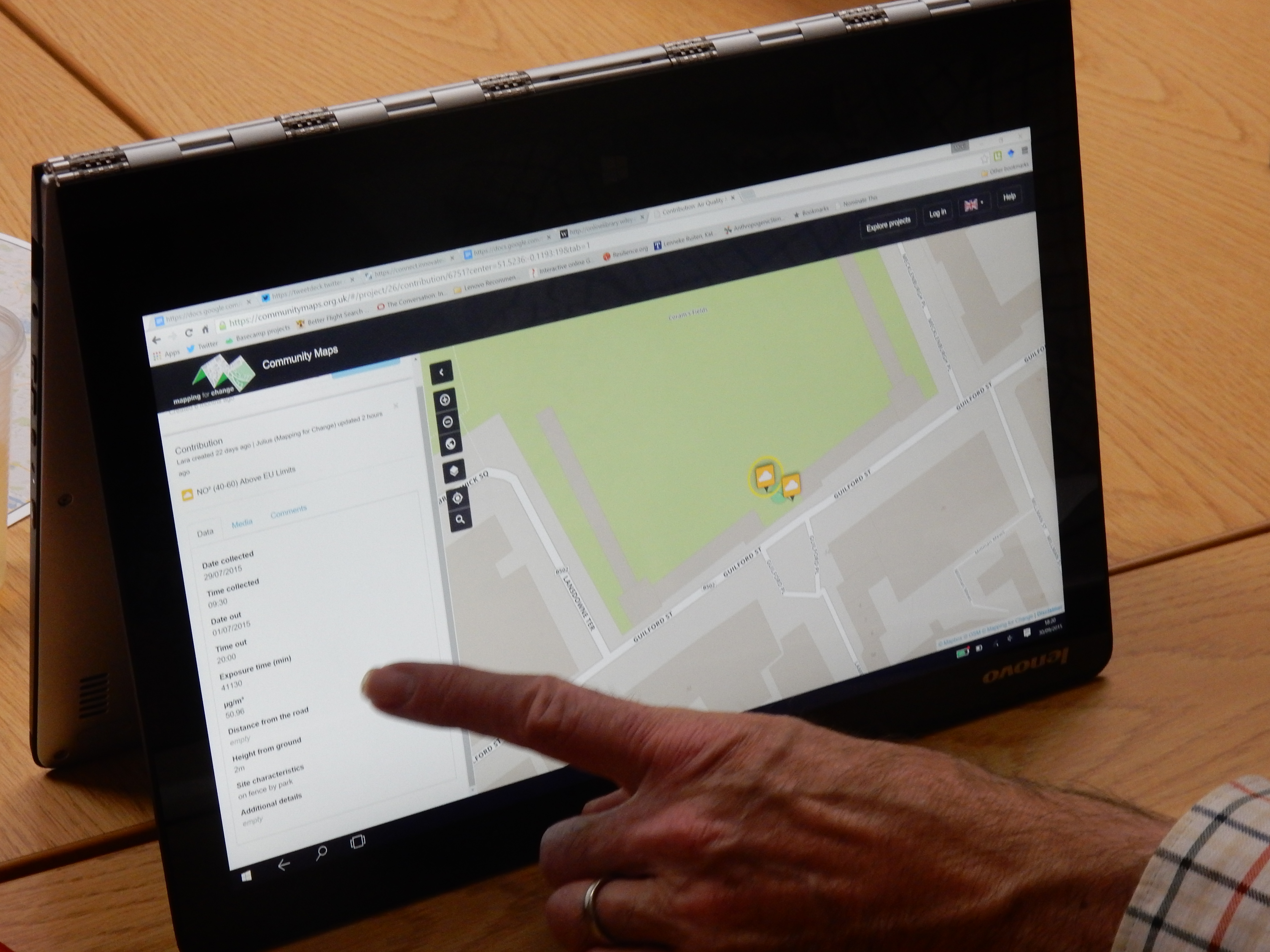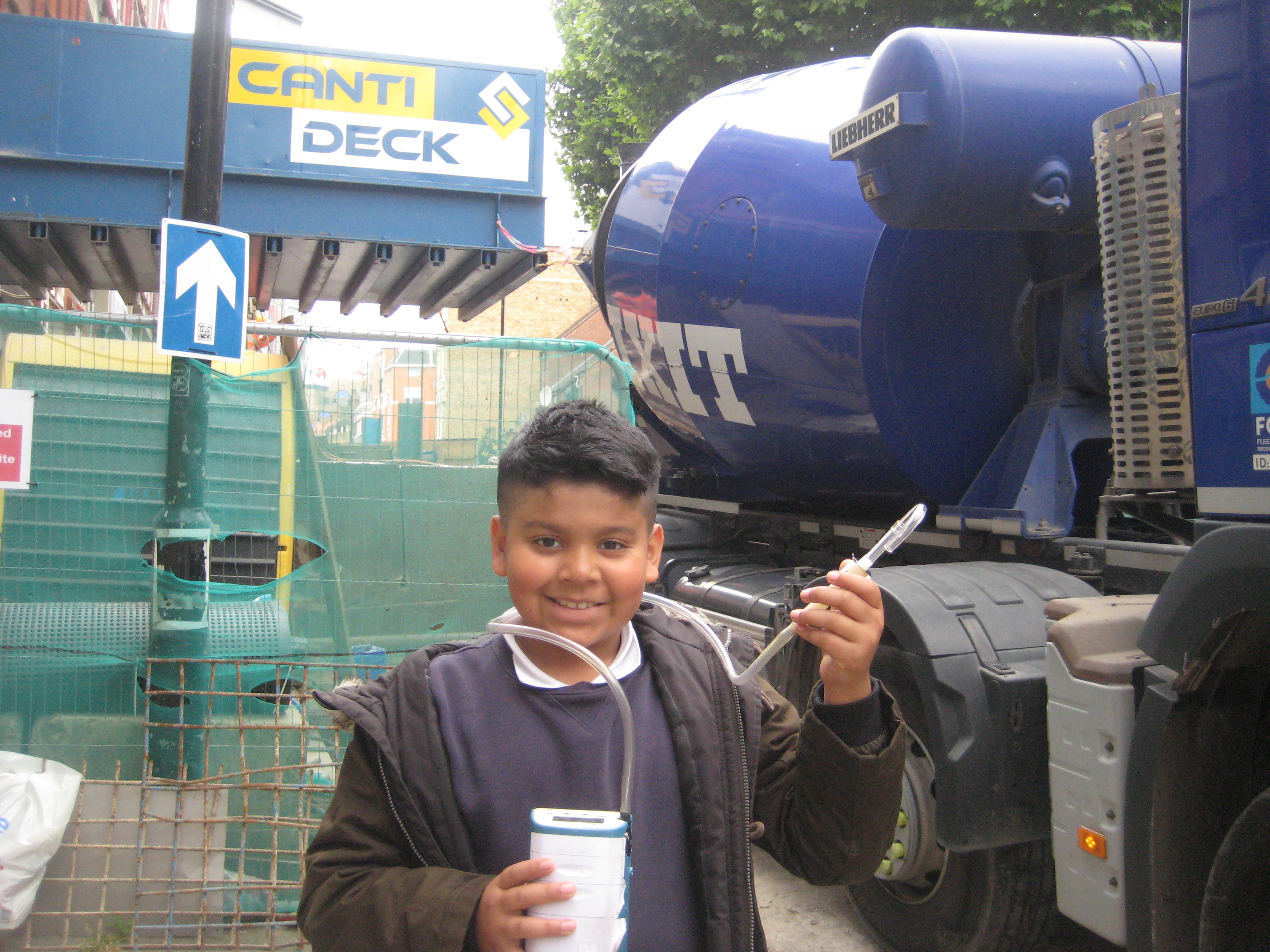Citizen Science
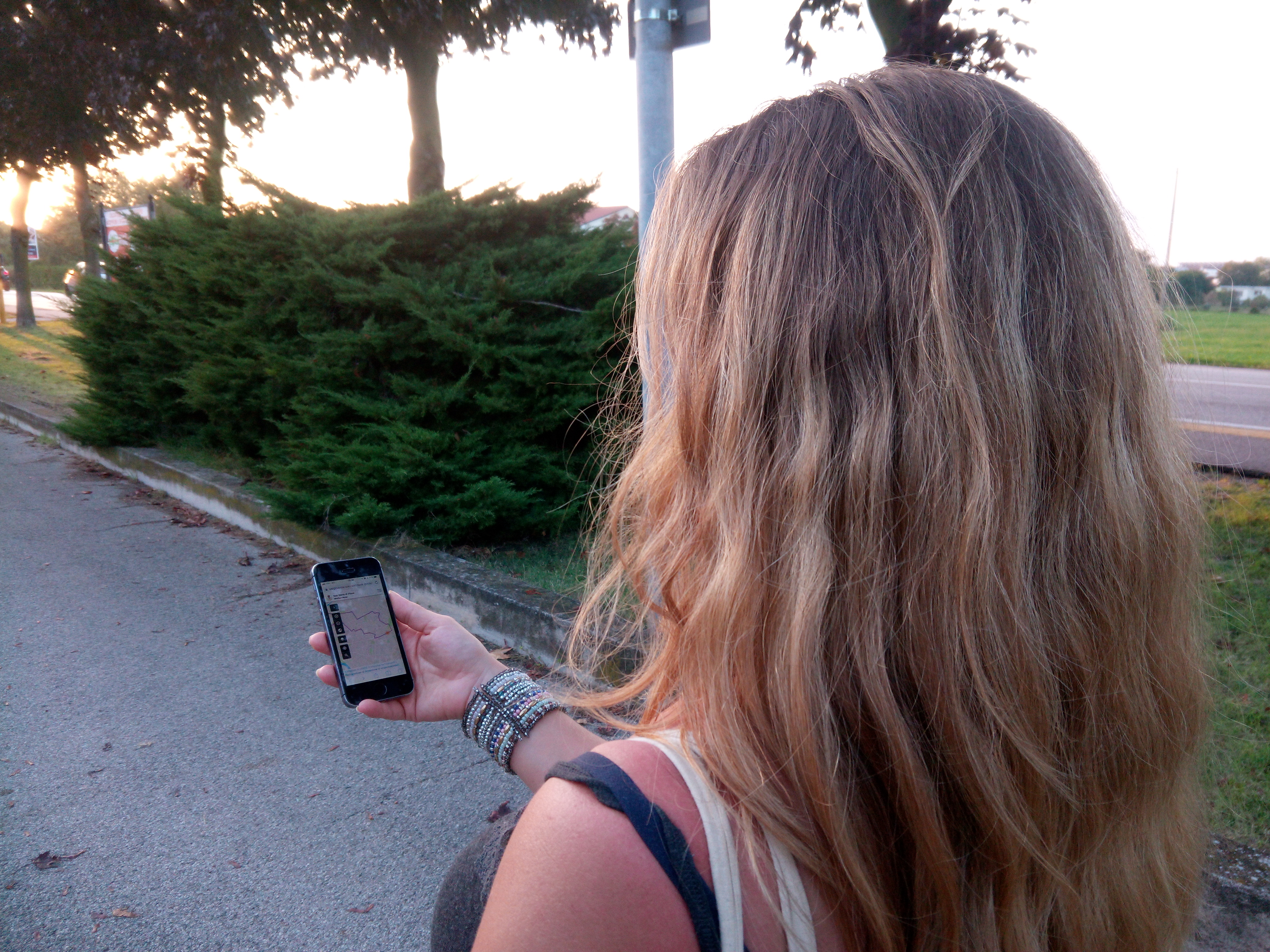
Citizen Science in Odour Monitoring
Communities can record the frequency, intensity and type of odour that they experience and combine the individual observations of many to build a clear picture of the issue. As more citizens are involved in sharing their findings, or data, the level of subjectivity is reduced.
There are different ways to facilitate recording odour observations as shown in the 'Record and Monitor odour issues' section. The easiest way is via OdourCollect a smartphone and web application that you can use to record episodes of odour as they happen and create a database of verified observations across your community. Just follow the steps shown below:
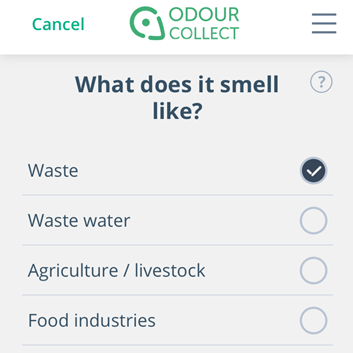 1
1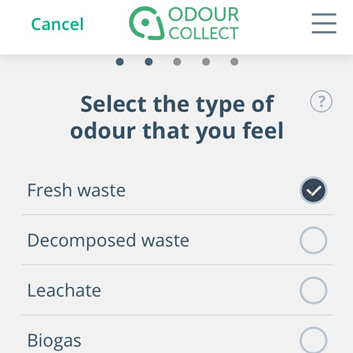 2
2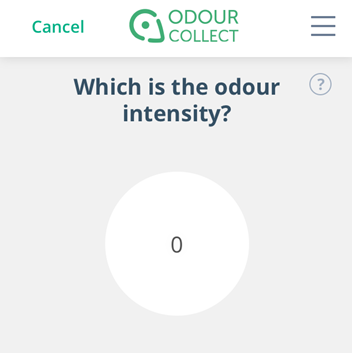 3
3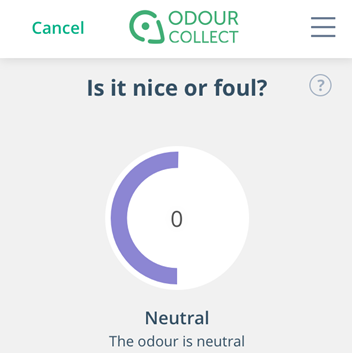 4
4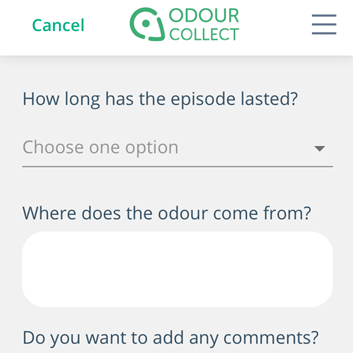 5
5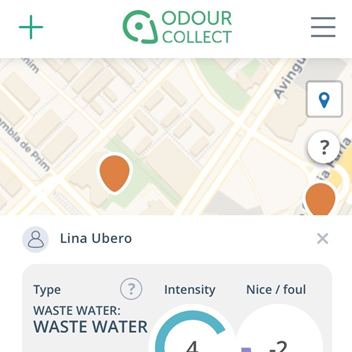 6
6What Can Citizen Science Be Used For?
Co-creative approaches of CS include citizens at early stages of a project and enable the definition of questions or problems to be addressed, which are relevant for the affected communities. CS often includes a wide variety of stakeholders from all areas, such as the public, policy makers, academics, industrial partners and NGOs. Through this inclusivity, CS allows collaborations without borders and fosters good relationships between citizens, science, governments and industries.
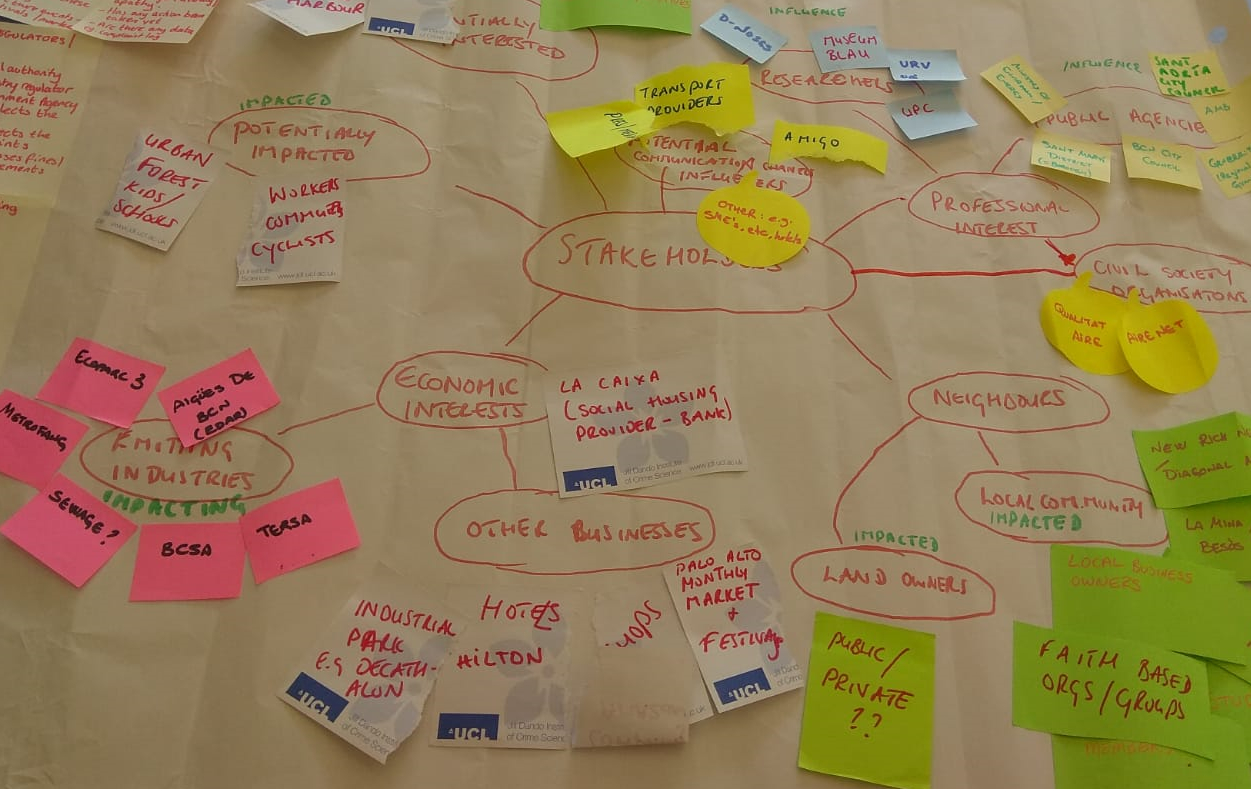
CS is a scientific method with advantages and limitations, like every other approach. The inclusion of citizens in research can be difficult when the methods require special training or strenuous work. In addition, individual accuracies can vary, depending on the difficulty of the tasks. The element of variation in data collection and analysis done by citizens needs to be carefully incorporated into the final analysis and interpretation of the data/project. Also, ethical issues may prevent the inclusion of citizens in projects.

